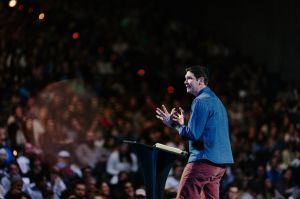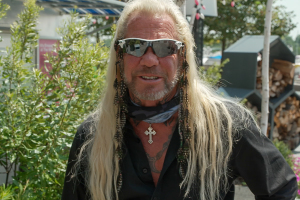Canada's Aboriginal, First Nations and Idle No More Mov't
Our attitudes as Canadians accumulate, fester and harden. I understand that too well in observing the aboriginal and First Nations' Idle No More movement. Fed up with a double standard of aboriginal leaders who want more funds yet seem incompetent and irresponsible in their own management, many simply shut down listening.
However, could it be that at the core of the national, historical and disruptive issue of aboriginal and First Nations' claims, including the dysfunctional reservation system, and the suicidal tendencies of too many, there is a wounded heart? How might we deal with a dismissive reaction all too instinctive to many watching this situation unfold?
I feel at loss to offer solutions, yet wonder how I can make a difference. I have no choice but to rely on federal and provincial legislatures to do as their political masters dictate. Courts are beyond my influence and they will rule as they do. Corporations will keep serving the interest of their shareholders.
But, there is one thing I can do: I can think about how I think. I can ask myself what drives my attitudes and conclusions. I can search for the interior assumptions that frame my reaction and response.
I will leave legislation to legislatures, legal rulings to courts and investment decisions to investors. I will ask though, what feeds my own attitudes. Here is a proposal drawn from that world-known parable – the Good Samaritan.
A lawyer concerned about eternal life was asked what was the great commandment, to which he said: "to love the Lord your God with your all your heart, soul and mind and your neighbor as yourself." Jesus proceeds to tell a story to answer the question.
The ruling religious clan was under scrutiny in the parable: the priest and Levite. They should have known better but instead passed by the bloodied man in the ditch. In their absence, the despised Samaritan showed the way. Samaritans – a mixed race of Jewish and non-Jewish ancestry – were hated by the Hebrews. Years earlier, a mob of Samaritans threw pig bones into the Holy of Holies in the Jerusalem Temple: as severe a violation of Hebrew beliefs as one could imagine.
Prompting us to look again before we turn away and shuffle off down the road, the story asks me to think how I might recalibrate my thinking of our wounded neighbors.
Build a friendship with a First Nations person, listen to their story, discover what fuels their concerns and drives their agenda.
Understanding, considers the impact the European wave had on a people quite unprepared to deal with its power. A rethink helps one see the other side: failure of governments and businesses at times mindless and too often heartless. Read the history of their treatment. Familiarize yourself. We lament Americans oblivious to their loss in the War of 1812. How many of us know of the James Bay Treaty (Treaty No. 9) of 1905? I didn't
To rethink doesn't ignore errors and tragedies imposed by First Nations people on themselves. Tough love is part of loving. However many reservations are like failed states, broken and unruly. To reject their search for solutions only secures defeat, which ought to matter to us all as their wellbeing resonates into our own.
It may lead to a new sense of empathy. While pleas of victimization deafen our hearing, it doesn't exempt me from making the effort to understand.
Its time to restart water-cooler conversation. Instinctively we listen to those aligned with our attitudes: conservatives with hard liners; socialists with bleeding hearts. It may be time to walk away from conventional front door viewing and see it through the back door. Seek insight that holds assumptions in abeyance, allowing new perspectives framed by a different worldview.
Progress is being made in a number of aboriginal communities: they're not standing in line for governments to give more. Effective leadership is sprouting and taking hold of protracted issues, solving them, showing their own people and the rest of Canada their skills, helping us see their own vision. Many First Nations communities demonstrate resilience and creativity, forging wonderful models of progressive plans and life-changing ideas in this competitive world.
Could it be that now is the time to see wounded hearts with understanding hearts?




























